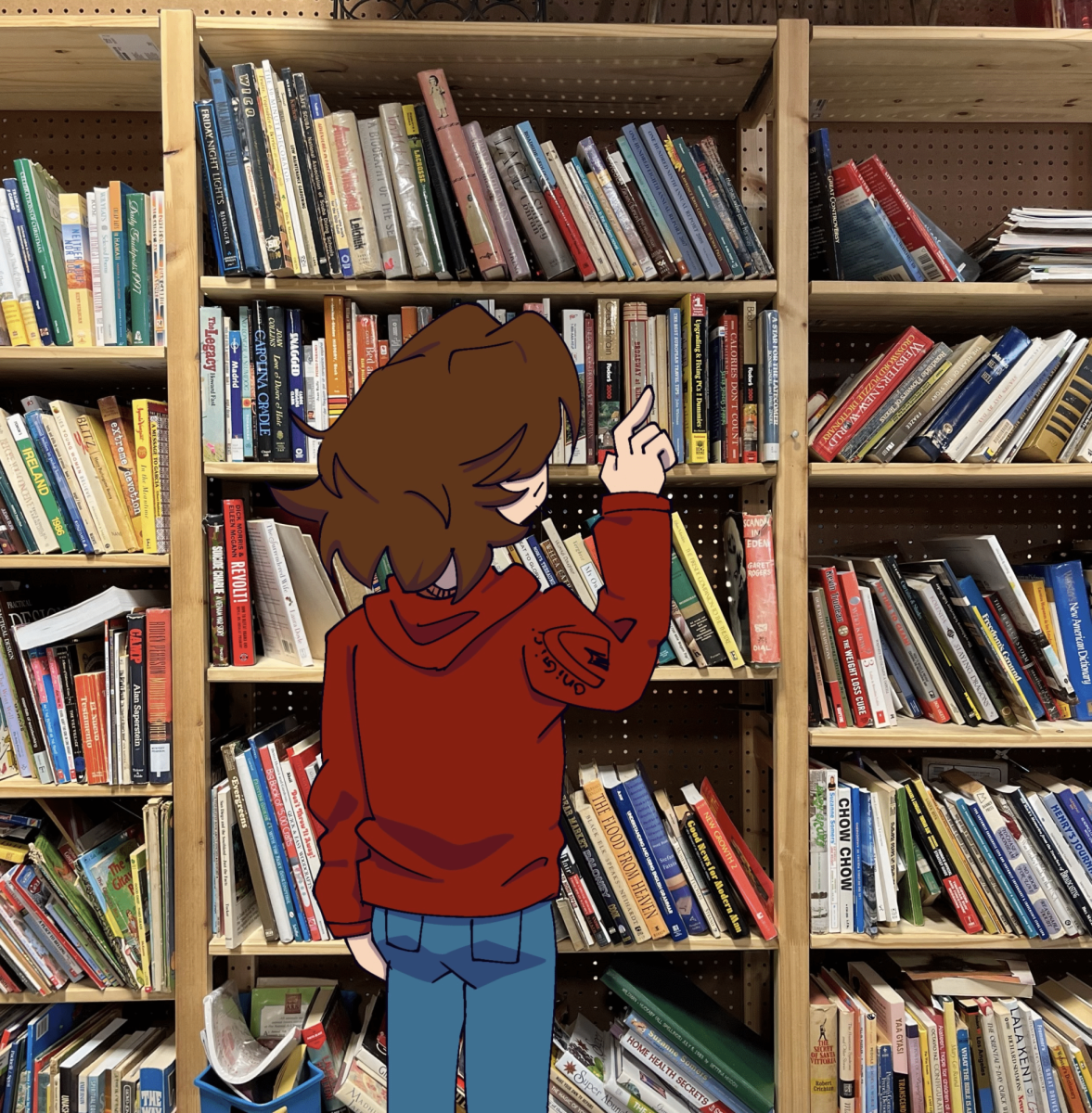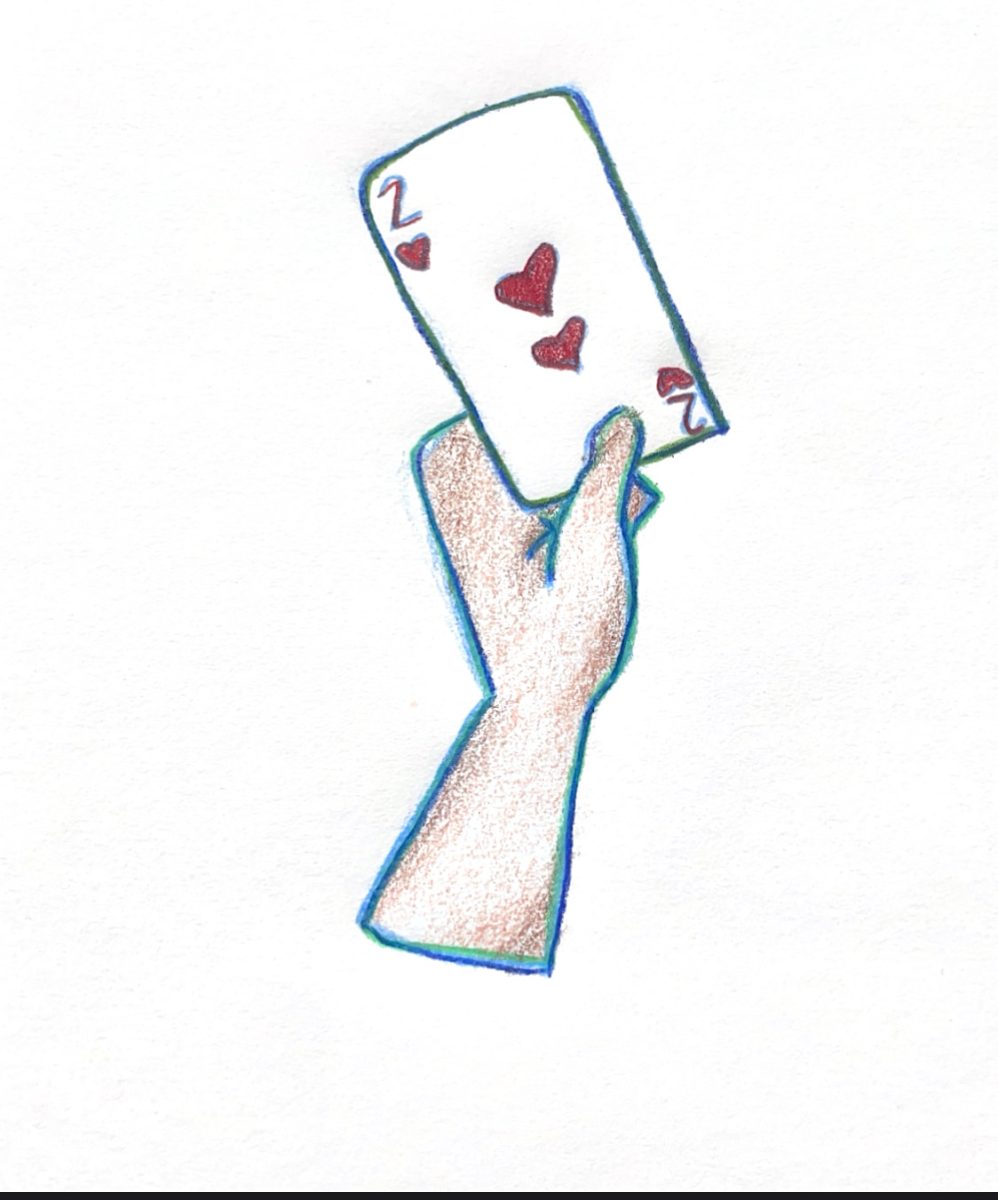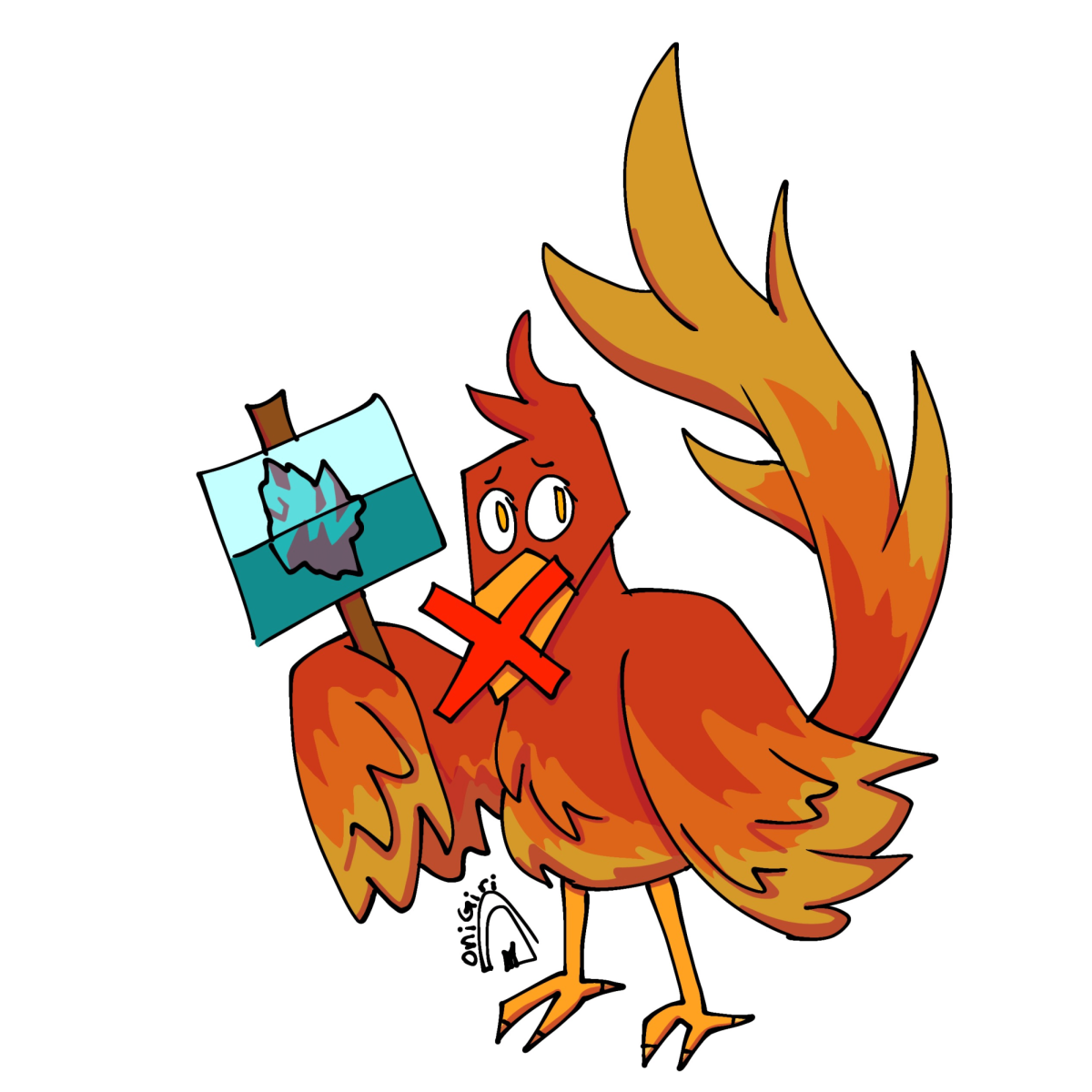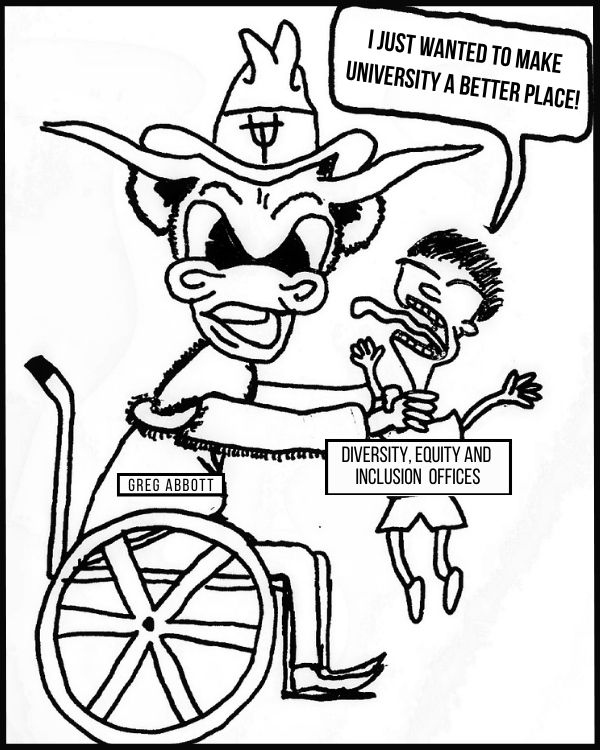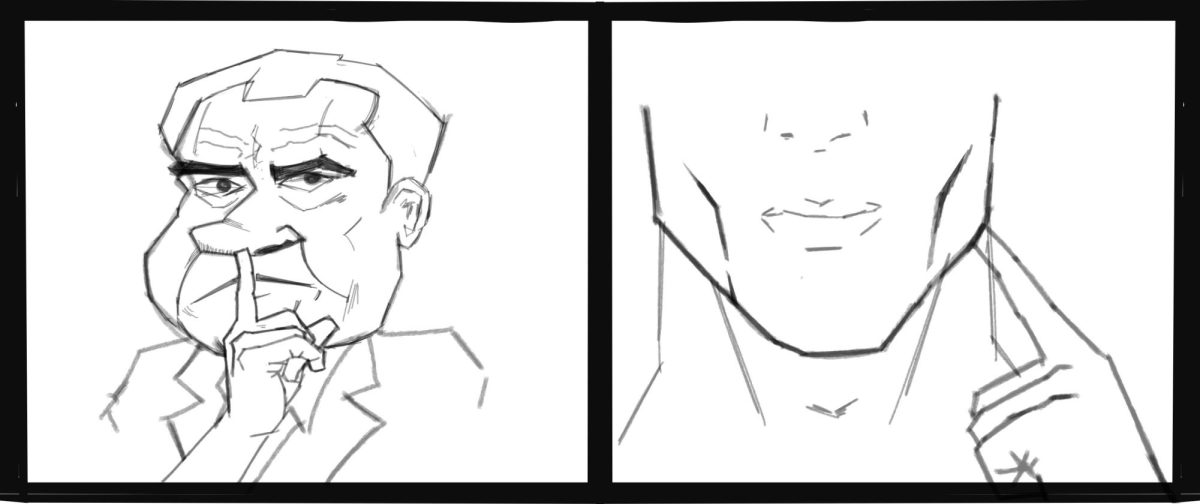Phones buzzed, beeped and binged as upwards of 40 million people responded to the pressing question on the world-wide web: what colors are #TheDress, #goldandwhite or #blackandblue?
The viral sensation dubbed — and I cringe —“Dressgate” by multiple online platforms saturated social media feeds the evening of Feb. 26. Three days later, Buzzfeed reported that its the original coverage of The Dress, “What Colors Are This Dress?” received over 37.6 million views with 79 percent of its views coming from mobile devices.
The willingness of millions to contribute to The Dress debate demonstrate that as a society we have maintained the characteristics that have helped make our society great, such as our argumentative gusto and opinionative nature. However, the high-speed handheld devices — tools indicative of our innovative success — have effectively crippled us, diminishing our appreciation for and engagement in reality.
Real life cannot compete with the Internet, not because the Internet-capable mobile devices offer something better than life does, but because to experience a sometimes spice-less reality is a human experience.
Paradoxically, our portable tools of communication have allowed us to distance ourselves not only from our problems and our discomforts, but also from the immediate reality and the issues that affect our neighbors.
We like photos of events we didn’t attend or weren’t even invited to attend, we “friend” people we’ve seen only a few times, but do we know the names of the university deans, the names of students in our classes or even the names of our professors?
It’s not that we don’t care; that’s a callous, broad supposition that not only that shortchanges younger generations, but also ignores the agency in creating and perpetuating the problems. We care — but the issues that we collectively care about and contribute to are insignificant and trivial. Everyday more than a thousand Americans watch and share videos about kittens, but does the online adoration with animals translate to an increase in volunteers at local Humane Societies?
We embrace mobile distractions because we are incredibly bored. We’re bored because we’ve grown accustomed to our screens feeding and flashing information at absurd speeds and resolutions. Under the guise of increased efficiency, we’ve created a culture of escape-entertainment. Our phones allow us to cure boredom at the touch of a button in the palm of our hands.
The Internet will survive. It survived Kim Kardashian’s bare dearie. It survived #TheDress. The Internet will continue to withstand limitless amounts of pop-culture references, social media sensations and general human absurdities. These superficial-phenomena attempts to “break the Internet” are troubling, however, and indicative of how the Internet has corroded our perception of what is newsworthy and significant.
Our phones afford us the opportunity to be both vocal and invisible — it makes the common man, the every man. Yet, instead of collectively and enthusiastically using the ceaseless stream of information provided by mobile Internet devices to enhance communication and increase our knowledge, we have turned our gadgets into communication crutches and social barriers.
If we continue to exist as a society of social-media selves, we will rot, collectively alone. Our intelligence and imagination will wither, and we will make ourselves dumb. We must collectively reallocate the rigor that we have when debating the color scheme of clothing and Kim’s curves to relevant, significant issues — local, national and international — of significance.






